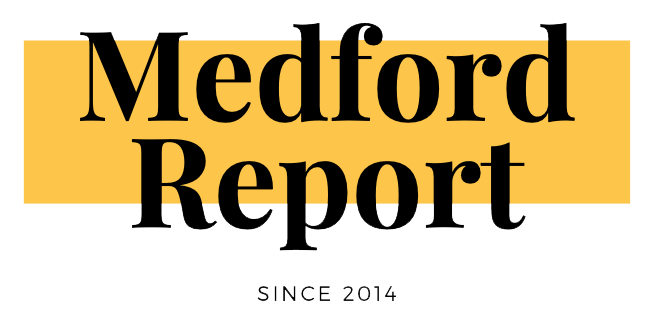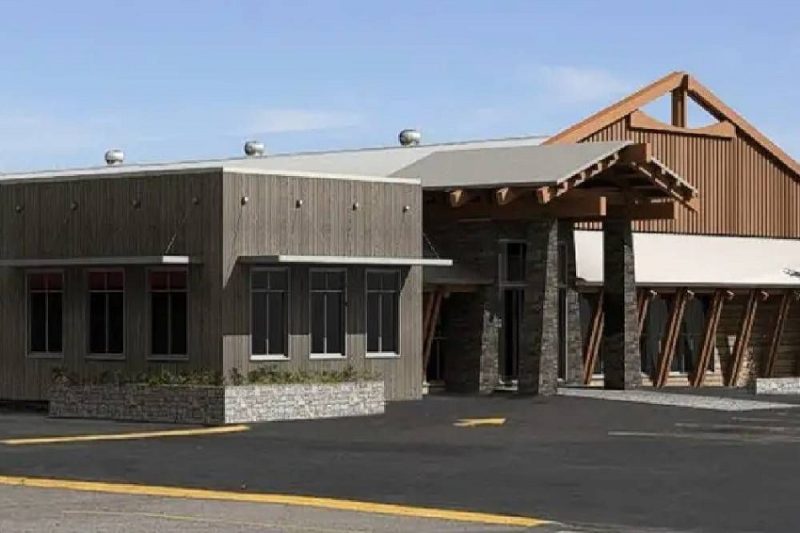Medford, OR – The Coquille Indian Tribe is on the verge of a significant achievement in its decade-long pursuit of a casino in Medford, Oregon. After years of setbacks and negotiations, the tribe’s proposal has gained new momentum with the finalization of an Environmental Impact Statement (EIS) by the U.S. Department of the Interior. This approval paves the way for the tribe to transform over two acres of its land into federal trust, a crucial step toward building the long-awaited casino.
The Coquille Tribe first began its efforts to establish a gaming facility under the Obama administration, but faced several challenges, including shifts in policy and leadership under the Trump administration. However, with the support of the Biden administration, the tribe’s plan has gained new life. Despite the ongoing hurdles, Coquille Tribe Chair Brenda Meade remains optimistic. “After more than a decade, we are close to realizing our goal, yet there’s still work ahead,” Meade said, acknowledging that the proposal is not without its challenges. The tribe is now in the midst of a 30-day public comment period, with a final decision expected later this winter.
However, the proposed casino has sparked controversy, particularly among neighboring tribes. The Cow Creek Band of Umpqua Tribe of Indians, which operates its own casino in Douglas County, has voiced strong opposition. They argue that the introduction of a new casino in Medford could undermine the longstanding, though informal, policy of “one casino per tribe” in Oregon. While this policy has never been codified into law, it has been observed out of mutual respect among tribes. Lindsay Campman, a spokesperson for the Cow Creek tribe, expressed concerns that allowing the Medford casino could open the door for more casinos to be built in urban and residential areas across the state, a development that many residents might oppose. “This decision could change the landscape of tribal gaming in our state, and not for the better,” Campman said, pledging to continue challenging the decision.
The Cow Creek Band has further emphasized the potential financial ramifications of the new casino, estimating that it could divert up to 25% of their current revenue. Michael Rondeau, CEO of the Cow Creek Tribe, highlighted the economic impact the project would have on his tribe, warning that it could lead to significant financial losses.
Despite the opposition, Meade remains hopeful about the broader benefits the casino could bring. She points to the success of the nearby Three Rivers Casino in Coos Bay, where collaboration between multiple tribes has resulted in mutual prosperity. “When tribes support each other, as seen with the Confederated Tribes of the Coos, Lower Umpqua, and Siuslaw Indians, all involved can prosper,” Meade explained, suggesting that the Medford casino could benefit not only the Coquille Tribe but also surrounding communities and regional economies.
The proposed casino, which would cover approximately 30,000 square feet, is designed to feature 650 gaming machines. The Coquille Tribe plans to revitalize an existing building, transforming it into a lively entertainment venue that could provide a sustainable revenue source for the tribe. The Bureau of Indian Affairs has expressed its support for the project, noting that it would allow the Coquille Tribe to fund essential services for its members, including healthcare, education, and housing.
While the environmental impact study has favored the Medford location over other potential sites, such as expanding the existing Mill Casino or establishing a new venue in Phoenix, the proposal still faces significant opposition. The Medford City Council recently held a meeting where it narrowly voted to adopt a stance of conditional neutrality on the casino application. This reflects the complex and often divided opinions within the local community regarding the project.
As the Coquille Tribe moves closer to realizing its goal of opening a new casino, the debate highlights the delicate balance between economic development, tribal sovereignty, and the impact on surrounding communities. With the final federal decision pending, all eyes are now on Medford as it approaches a crossroads where economic opportunity and tribal unity intersect.

